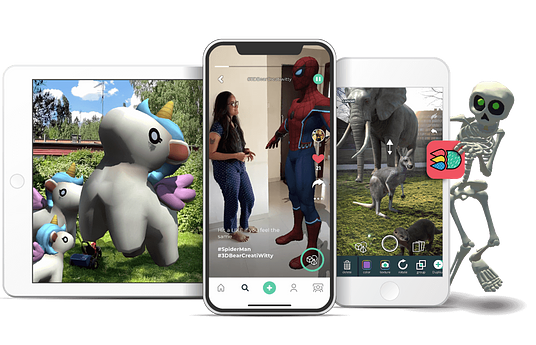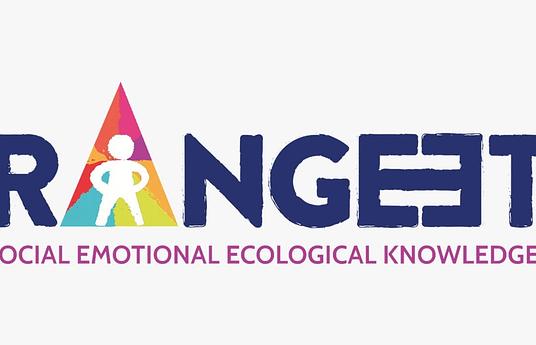Many children have witnessed or endured horrendous acts of violence during the war in South Sudan or during their flight to Uganda. These traumatic events have serious consequences on their mental health and socioemotional balance. The sport and play activities, counselling and awareness-raising are effective in reducing the effects of trauma and stress and recreate healthy social interactions.
A curriculum is developed addressing topics of concern for the target group and fostering relevant life skills and values through sport and play. Coaches are trained to conduct the regular sport and play activities fostering social cohesion, restoring confidence and self-esteem among children and allowing them to better cope with daily challenges and emotions. Counselors conduct awareness raising sessions on trauma, post-traumatic stress disorder and coping strategies. Individual, group or family therapy sessions are offered. Mobile clinics are set up to treat serious mental disorders.
SA4D has implemented its sport and play approach for over 15 years in various contexts. For this project, data showed that the activities have successfully reduced negative psychosocial effects of trauma on displaced children and improved their overall life satisfaction and health. A safe environment is created where children can openly express their feelings, rebuild trust, friendships and social ties.
From 2017 to 2021, the project was implemented in refugee camps in Uganda. 22 coaches and counsellors were trained to use the "Children on the Move" curriculum. Over 2,800 children benefited from trauma-informed sport and play-based activities, psychosocial awareness raising, counselling and clinic visits. The project evaluation shows children strengthened their self-efficacy and coping skills and rebuilt social support networks. They were also better able to deal with the effects of the COVID-19 crisis.
From 2021 until 2024, the project will be scaled-up to include children who returned to South Sudan or stayed there during the war. The curriculum will be adapted and teachers trained to lead the sport and play activities, psychosocial awareness and counselling in primary school contexts.
SA4D makes project results publicly available and promotes the exchange of knowledge and mutual learning. The resources developed are available to download on our website. They can be consulted by everyone and can be adapted to a variety of contexts. SA4D is always open to sharing experiences and creating new partnerships. Our team remains available to anyone who reaches out to us.


